Note: This post may contain affiliate links which means if you click on a link and purchase an item, we will receive an affiliate commission at no extra cost to you.
This post is brought to you by one of Michael’s travel essentials, a pair of titanium travel chopsticks, and a few of his book recommendations: Asimov’s Chronology of the World, and Asimov’s Chronology of Science & Discovery.
This is the latest interview in a series featuring digital nomads talking about their lives and lessons (click here if you want to be interviewed). The goal is to help demystify the process of making money online, wandering the world, and living an unconventional life!
Michael runs two successful, completely remote businesses. He has excellent insights into taking the leap into building remote companies in his interview below. We also love his discussion on why he travels with minimal belongings!
Thank you for sharing your story with Freedom Is Everything, Michael!
Key takeaways from Michael’s interview:
“I recommend the one-bag lifestyle since it makes it easy to pick up and go and gives you a very consistent baseline for each day. You already know what you are going to wear. If you want to try a similar approach, I would go all-in — find the lightest and most durable clothing you can in a style you like, because otherwise, you will want to keep replacing it until you are fully optimized.”
“One misconception I believe a lot of people have about nomading is that the “grass is greener.” Pre-civilization, humans were nomadic and struggled to find consistent food sources, fight off predators, and overcome illnesses. Setting into farms and, eventually, cities helped overcome these challenges. However, there are theories that the Garden of Eden is actually based on a longing for the nomadic life when people were free of the walls and constraints of staying in one place and laboring. In a way, that longing continues. People think that nomading will solve their problems, and it may, but it will also create new ones. Whichever lifestyle you choose is a balance.”
“A small change I made was re-categorizing ‘should dos’ and ‘must-dos.’ For example, in the past, I thought of flossing as a should-do, and I would often choose not to do it. Then I realized that flossing is a must-do and is essential for oral hygiene — it became much easier to floss every day. You can apply that same framework to diet, travel, relationships, business, and more. Get your must-dos right, and a lot of the rest falls into place.”
Table of Contents
Introduce yourself! 🙂 Who are you? What do you do for work? And what is your nomadic story?
Hi, I’m Michael Alexis, the CEO & Owner of TeamBuilding and the owner of Museum Hack. Both businesses are 100% remote. TeamBuilding is the larger company with 109+ employees. We run virtual team-building events for clients like Apple, Amazon, Google & NASA. Our mission is for people to love their jobs and to help teams reach their full potential.
I grew up in a small Canadian town and have lived or had extended stays in places like NYC, Boston, Beijing, and Bali. As a full-time nomad, my preference was to stay in a country for two to three months at a time. COVID has disrupted that plan since quarantines and lockdowns make it unreliable to country-hop. So, now I’m back to living in a single location.
Whether I am nomading or staying in one location, I live out of a very small backpack. I like the simplicity of wearing the same shirt every day and not having a bunch of gadgets or knick-knacks around.
What inspired you to start nomading? And how has nomading changed your perspective on life?
Throughout college and afterward, I moved a lot. I moved from my hometown to Vancouver, then from Vancouver to China, then back again and again. Each time I moved, I would sell or give away most of what I owned. Eventually, I got tired of replacing items or wouldn’t replace them and realized that I could just live out of a small backpack instead.
I wouldn’t have called myself a “nomad” until 2019. Before that, I mostly travelled between a few countries and had a pretty stable spot in each. In 2019 I started travelling full-time and went to places like Australia, Bali, and Thailand, which were new for me. I also did a 14-day cruise from Miami to Rome, which was SUPER COOL and also a jumpstart into exploring more of Europe.
For me, nomading has been a great way to stay connected with friends. I’ve been fortunate to make friends around the world, and without travel, I wouldn’t be able to see them. Even if that connection was the only benefit of visiting, it would be enough.
Please tell us the detailed story of how you started your business.
I started my career as a lawyer and quickly found out that I didn’t enjoy it. I had worked as a freelance marketer through school, and so I returned to that work. One of my first big clients was Museum Hack; I joined in 2015, helped grow the company from $600,000 per year to $2.8 million. Then in 2019, my now-partner and I bought the company from the previous owner.
When COVID hit, Museum Hack’s business went to zero overnight. Museums closed, all of our tours cancelled, and the business remains in hibernation. I had purchased the teambuilding.com domain with plans for expansion and growth. Instead, we pivoted our entire operations to running virtual team-building activities for remote workers. We used content marketing to attract our first customers and have grown to thousands of clients, 21 event types, 109+ employees, and 21,000+ five-star reviews since.
I recognized the opportunity for virtual team building by browsing trends.google.com. I inputted various words that were relevant to our business and looked at the related trends. Online team building was starting to trend, so we jumped on it.
What is unique about the way you travel, and what advice do you have for someone that wants to travel with a similar style?
I am extremely minimalist, to the point where I am often questioned by customs at the airport. I travel and live out of a small backpack, with three shirts, 1 pair of pants, 1 pair of shorts, 2 pairs of underwear, 1 coat, 1 pair of socks, 1 pair of shoes, toiletries, and a couple of small gadgets. Every item is lightweight and versatile. For example, the past weight 3.2 oz and fold into their own pocket.
I recommend the one-bag lifestyle since it makes it easy to pick up and go and gives you a very consistent baseline for each day. You already know what you are going to wear. If you want to try a similar approach, I would go all-in — find the lightest and most durable clothing you can in a style you like, because otherwise, you will want to keep replacing it until you are fully optimized.
If you had debt/student loans when you started nomading, how did you handle or think about this, and what advice would you give to other people with a similar situation?
I had about $30,000 of student loans when I graduated from law school. Within about a year, I had saved up more than enough to pay this debt off, and yet I didn’t pay it. I had bought into the idea that the interest was deductible, and somehow that was to my benefit. If I had been investing the money well, then it may have been worth it to hold onto the debt, but I wasn’t. Once I realized this mistake, I paid off the loans.
Also, I requested a short initial delay before the payback schedule started. The result was that the provincial loan was merged with the federal loan at a higher interest rate. I didn’t do the research beforehand on what would happen, and so you should be aware of what delays or deferrals might mean.
What are the 2-3 favorite places where you’ve lived/traveled to and why?
One of my favorite places in the world is Emei mountain, near Chengdu in China. If you start at the bottom, Emei is a 60km mountain hike, mostly up stairs. You get a feeling of accomplishment when you finish, and it’s also a little surreal — at the end, you’ve walked your way above the clouds.
Another favorite is the Canary Islands. When COVID lockdowns hit, I was in the Canaries, and it was very quiet without the tourism. The ocean view and sounds are beautiful. The only real downsides were slow internet, and there is a lot of sand in the air that blows over from the Sahara Desert.
What advice would you give to someone who’s thinking about nomading?
If you can, bring a travel companion with you. When I first started travelling extensively, a classmate and I did four months in China and became good friends. Now, I travel with my partner. Having a travel companion gives you someone to talk to, rely on, and share costs with.
If you don’t have a constant travel companion, one way to meet new people is to stay long enough to get a job. Workplaces are excellent places to make friends and find people with shared interests. Even making one friend can be an in-road to many more since that connection will often be happy to share their own friend group.
One misconception I believe a lot of people have about nomading is that the “grass is greener.” Pre-civilization, humans were nomadic and struggled to find consistent food sources, fight off predators, and overcome illnesses. Setting into farms and, eventually, cities helped overcome these challenges. However, there are theories that the Garden of Eden is actually based on a longing for the nomadic life when people were free of the walls and constraints of staying in one place and laboring. In a way, that longing continues. People think that nomading will solve their problems, and it may, but it will also create new ones. Whichever lifestyle you choose is a balance.
What is one of your favorite travel stories/experiences?
A couple of years ago, I took a 14-day Trans-Atlantic cruise from Miami to Rome. Before that, the longest cruise I had done was about nine days and stopped at a handful of Caribbean Islands. The longer format was rewarding because it gave me time to enjoy the time on the boat. I read books, I made friends, and I ate a ton of salad at the buffet.
In general, I am a huge fan of cruises. I booked that cruise and a bunch of others via a site called CruiseSheet.
Since launching, what has been most effective to acquire/retain customers and scale your business?
One of the most effective ways we’ve acquired and retained customers is by launching new event types. In the past, we only had one or two viable options for groups. Once they were finished, we didn’t have another event to offer them, and repeats were sparse.
So, we committed to launching one new event type per month. This production was a large creative investment but has paid off. We off more repeat clients now and a library of options to offer to new clients too.
Another benefit of launching new event types is they can create a mini-marketing splash. For example, when we launched an RPG-style virtual event called War of the Wizards, it was appealing to fans of Dungeons & Dragons and similar games — so it became something that reached new communities.
What digital tools do you use for your work/business?
Here are some of the tools we use:
- Slack, for day-to-day communication with the team.
- Trello, for onboarding and managing projects.
- Zoom, for team meetings and client events.
- Zapier, to automate tasks and actions between our software tools.
- Sendy, for mass emailing at a fraction of the cost of other providers.
- Close, as a CRM for client interactions and sales.
What scale is your business at today, and what are your future goals?
The last time I shared TeamBuilding’s numbers, it was that they had matched Museum Hack at $2.8 million. We’ve exceeded that revenue.
We have 109+ employees, many of who have a more stable home base than I do. A Nomadic lifestyle has never been a major limiting factor for our business, though admittedly, it has been difficult at times. For example, when I was stuck in the Canary Islands on lockdown, I was on very slow internet — it was difficult to build a company when I couldn’t upload large files or have a reliable Zoom call.
I plan to continue growing the business. I love what we do, and it has a positive impact for our clients and their guests. We are helping people all over the world love their work.
For someone interested in becoming an entrepreneur in your field, what’s the best advice you would give? And what books, podcasts, thought leaders, or other learning resources do you recommend?
For most people, I would steer clear of live events. These activities are complex to run and have a lot of SOS opportunities that will keep you busy putting out first. Instead, do something that you can offer in a standardized and simple way.
One general piece of advice is to “make it exist and then make it better.” You have probably seen advice to “ship fast,” but that is only half the picture. First, you need to get your business online, and then you need to obsessively iterate on it until you have something that works better.
Also, I wish I had learned earlier that some business waste is normal and expected. I am an optimizer and grew up extremely frugal. This combination caused a lot of barriers when I first tried to get into business because I wouldn’t make decisions that moved us forward. Now, I make decisions quickly, knowing that some will lead to waste. As long as most decisions have a net gain, you will be fine.
At the beginning of my journey as an entrepreneur, I listened to a lot of Mixergy. Andrew Warner is a 10/10 interviewer and gets a lot of great stories and actionable tips. Andrew interviewed me about our COVID pivot.
As you build a team, virtual work, nomading, and collaboration takes on new aspects. To help you along the way, Zapier has an excellent guide to remote work.
What small change has made a big difference in your life?
A small change I made was re-categorizing “should dos” and “must-dos.” For example, in the past, I thought of flossing as a should-do, and I would often choose not to do it. Then I realized that flossing is a must-do and is essential for oral hygiene — it became much easier to floss every day.
You can apply that same framework to diet, travel, relationships, business, and more. Get your must-dos right, and a lot of the rest falls into place.
If you only had a few minutes to live, what are the most important life lessons you would share with the world?
When I was 30, I started writing a “30 things in 30 years” style blog post. Then I turned 31, and my plan fell apart — now that list has 119+ life lessons ranging from productivity tips to business, relationships, and more.
What do you travel with that you couldn’t imagine traveling without?
One of my favorite items I carry is a set of titanium travel chopsticks. You can unscrew the base from the tip and then fold them into each other. I love using chopsticks for meals that usually wouldn’t have them, like salads and burrito bowls.
What is your philosophy on being happy and/or finding meaning/purpose in life? And any recommended resources for people navigating this journey?
My go-to philosophy is “we will see.” I’ve found that what looks like good fortune can often lead to bad, and vice versa. If you keep an open mindset in both cases, you are in an objective position to tackle anything that may come up — this is especially important when you have a business and employees and clients that rely on you.
What’s your favorite book and why?
My favorite book of all time is Asimov’s Chronology of the World. The book is phonebook-sized, tiny print, and covers the history of humanity from the beginning through the 1980s or so when it was written. If you read Sapiens, then Asimov’s book is the 10x version that covers everything and is more in-depth.
What I love about this book is that it gives you a connection between what happened and when. When people talk about WW1 being inevitable, it never really made sense to me, but once you understand the last few hundred years of history, politics, and war in the region, it becomes much clearer.
A companion book called Asimov’s Chronology of Science & Discovery takes you from discovering fire to building rockets and everything in between. That is my second favorite book.
Tell us about a deep passion of yours! What has your journey been like, and what advice/resources would you recommend for someone interested in learning more about this topic?
I am a little obsessed with ultra-light travelling. My friend Tynan has excellent guides to how he does it. Here is the most recent guide for 2021.
How can people learn more about you and your work?
The best place to learn more about me is my personal blog. I’m not active on social media.


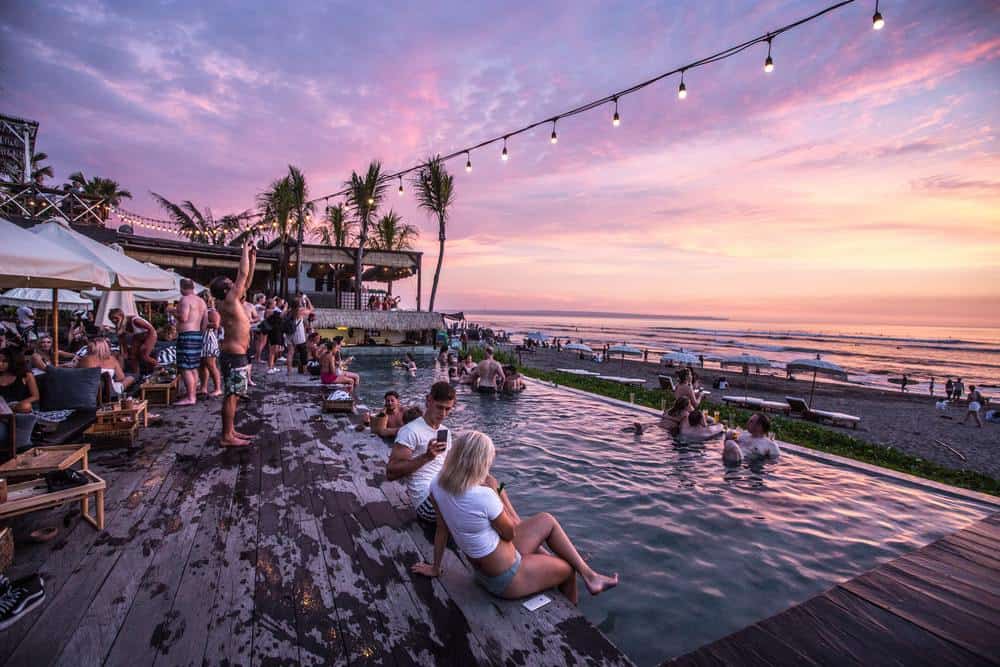
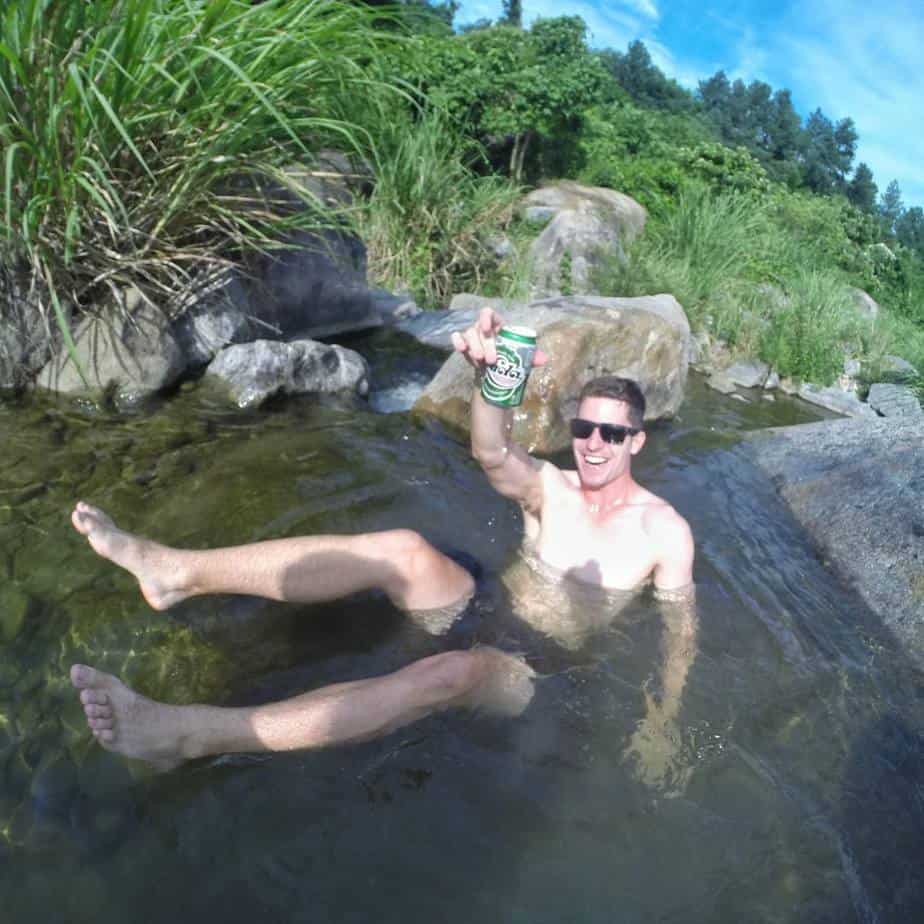
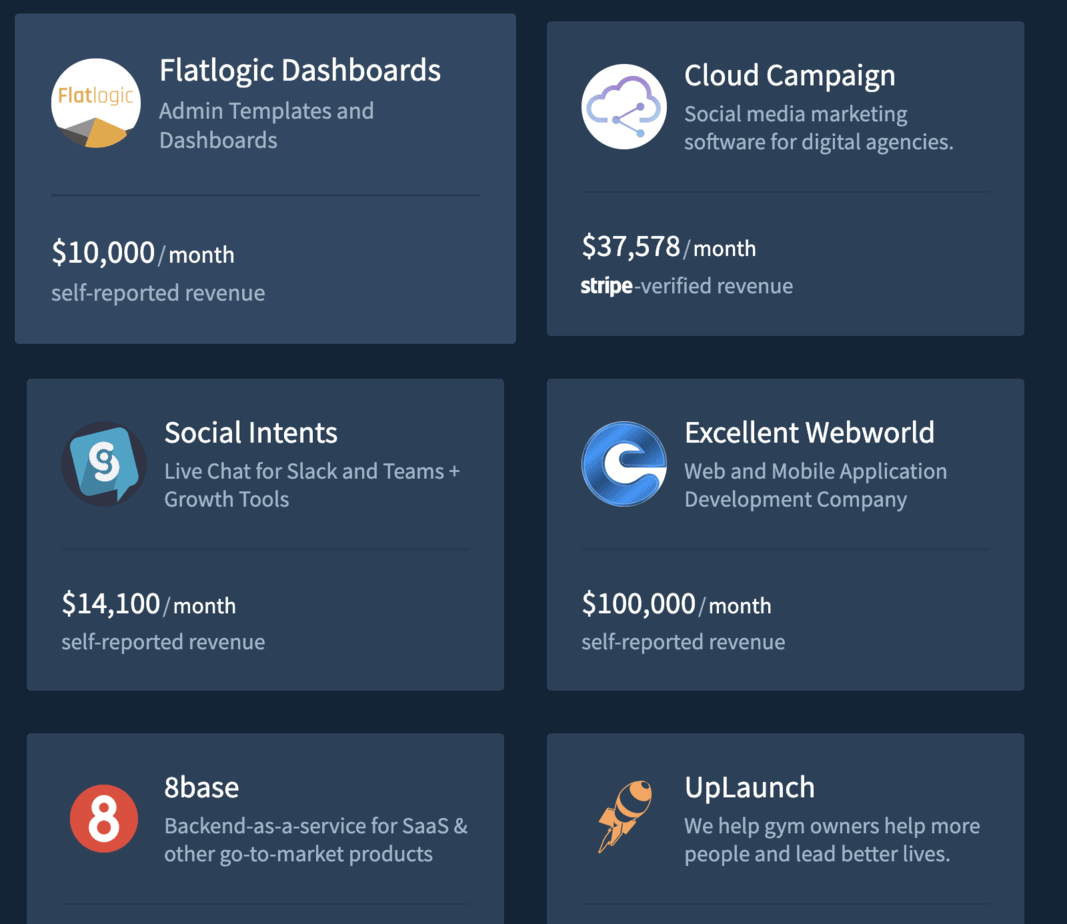

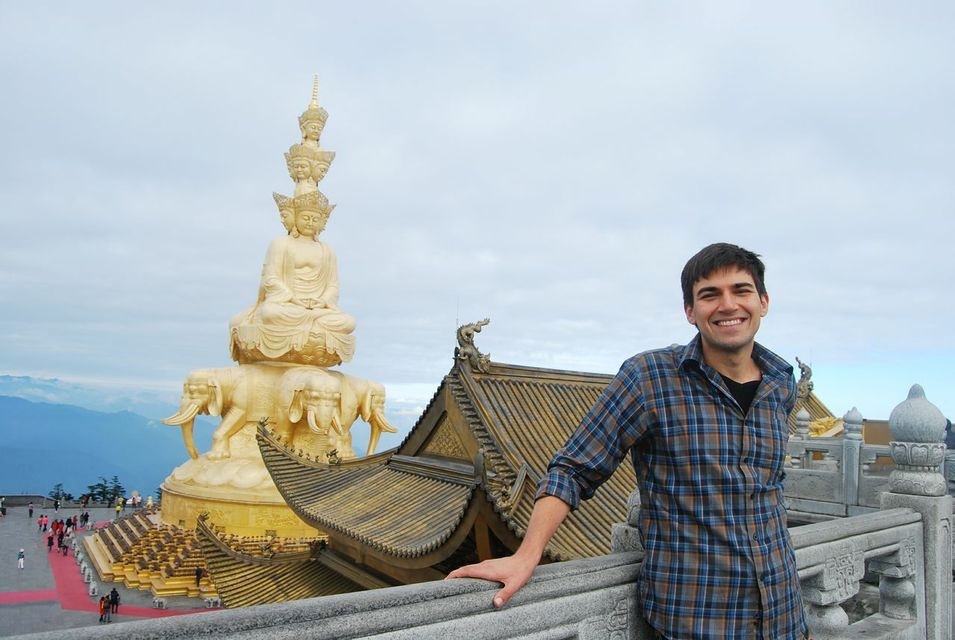
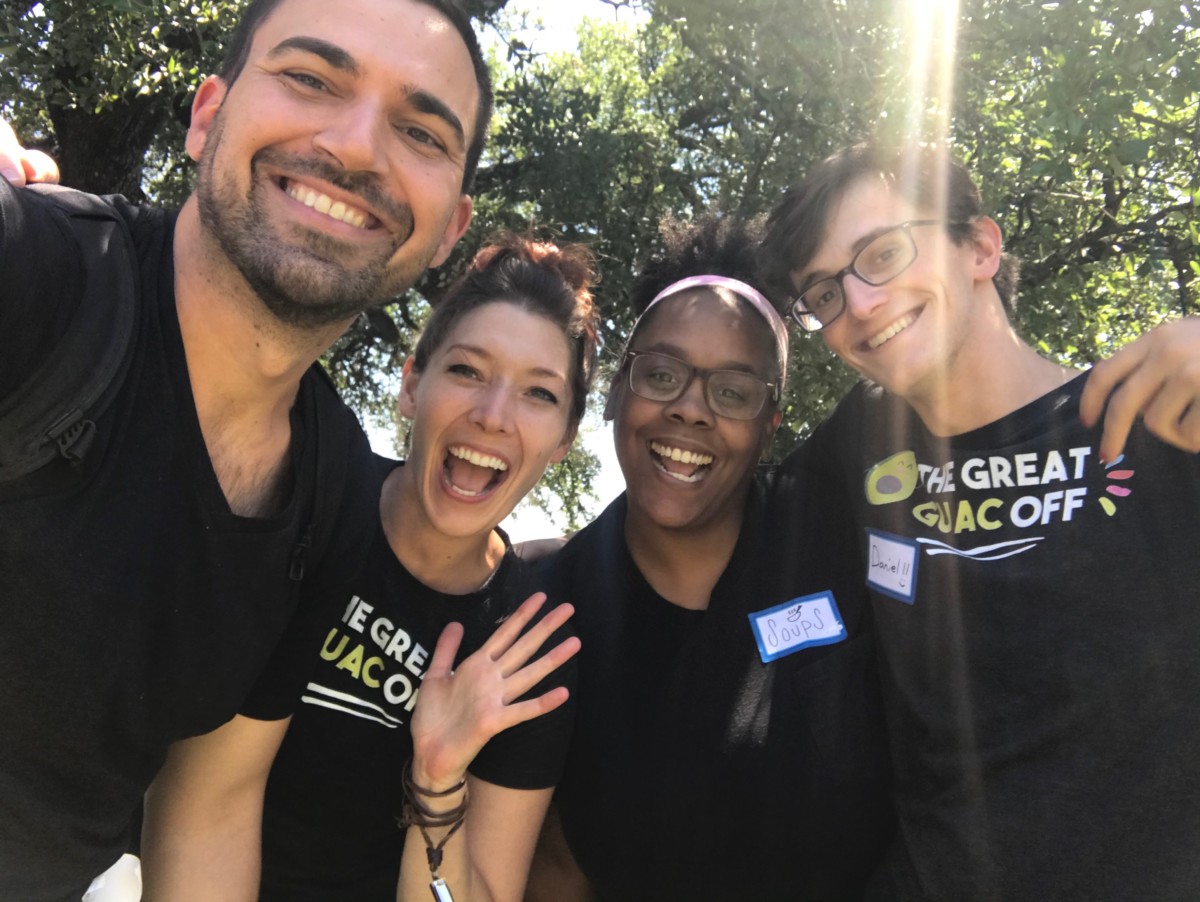
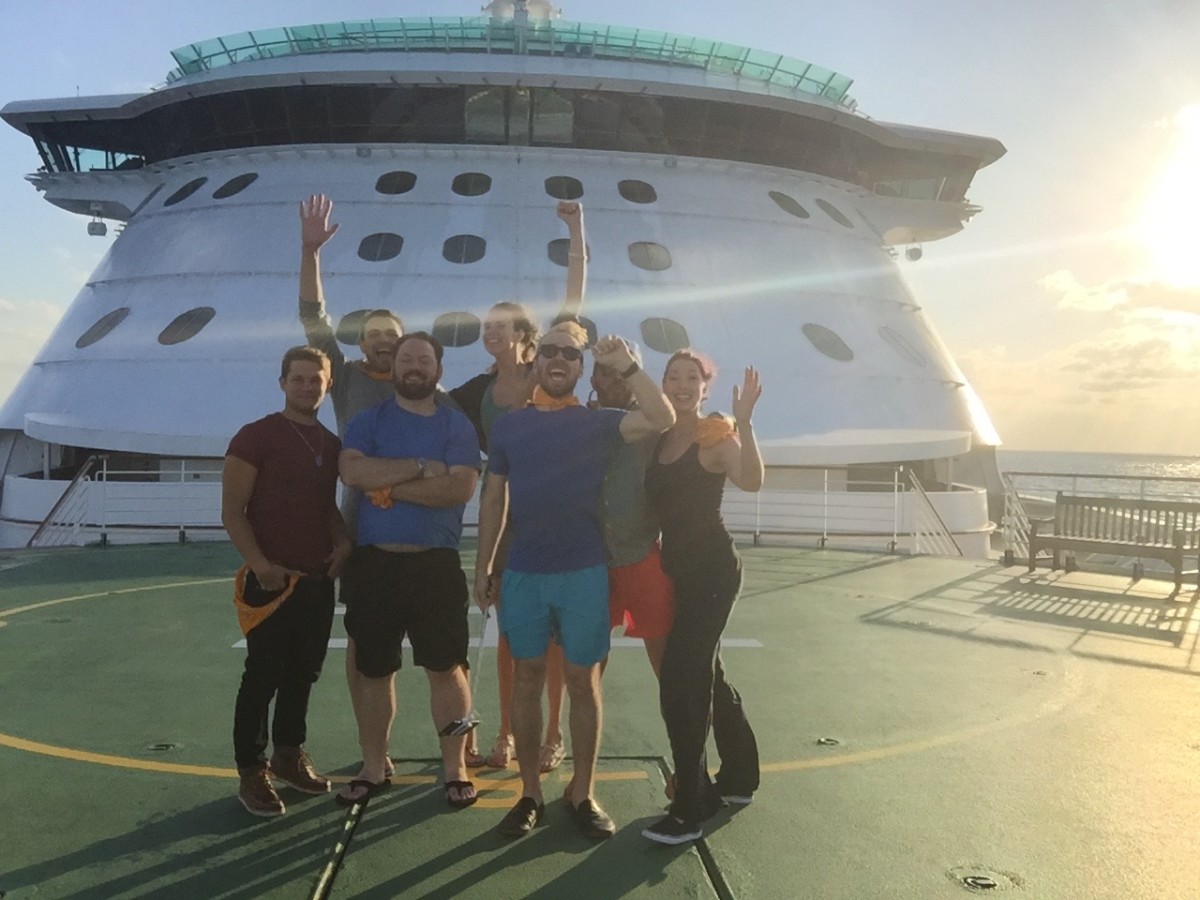
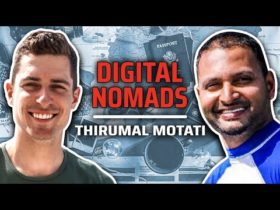
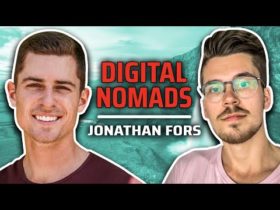
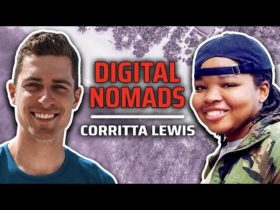
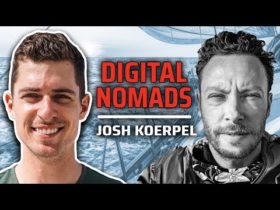
Leave a Reply
View Comments